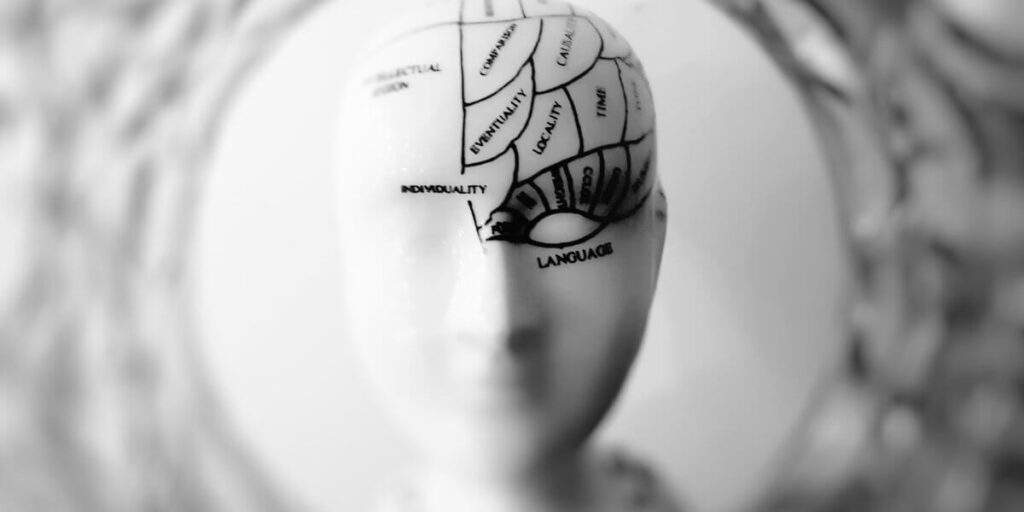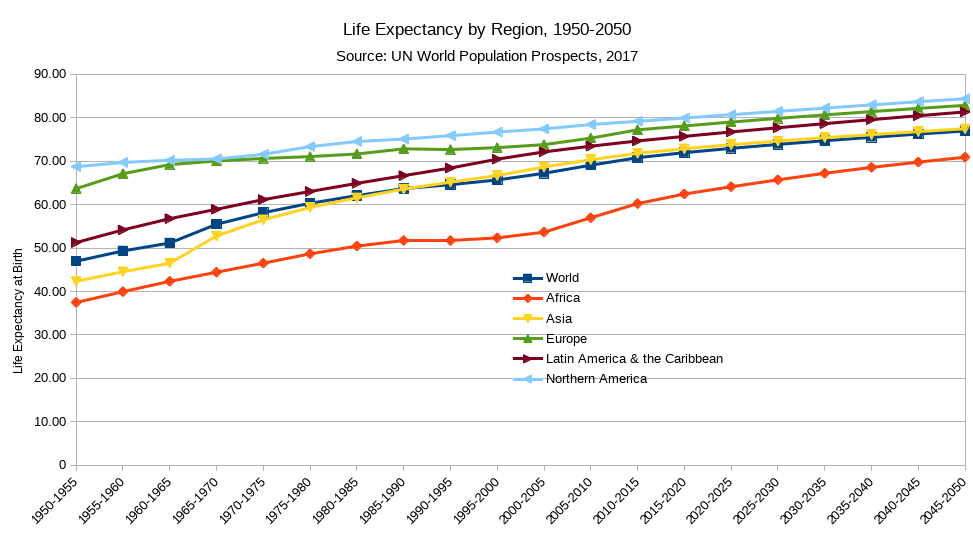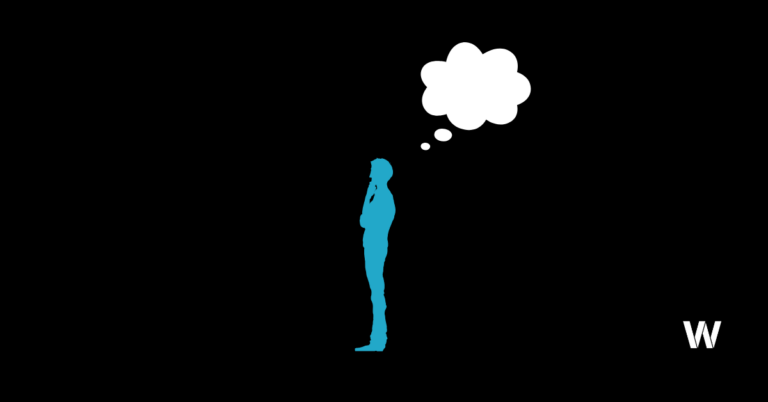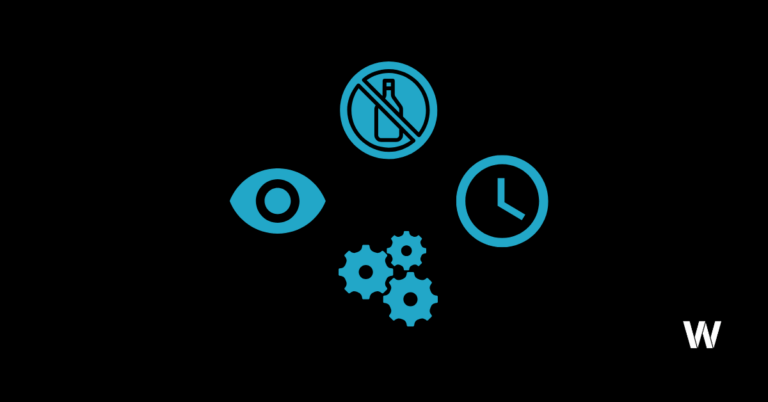The Power of the Human Mind: Can You Teach an Old Dog New Tricks?
3 minute read · By Warren Wong
The power of the human mind is vast. The average brain has 86 billion nerve cells, which are connected by trillions of connections, known as synapses.1
Our mind fires off up to 10,000 neurons every second in order to allow us to walk, breathe, laugh, and to remember.

This is a powerful gift.
The power of the human mind has allowed us — the human species — to perform great feats.
We have sent some of our most brilliant minds to outer space. It’s so easy, even a monkey can do it.
It has allowed the “Iceman”, Wim Hof to run a marathon at minus 20 degrees Fahrenheit (29 Celsius for our friends). Oh, did I mention he was shirtless?
We’ve even invented the airplane. Just a little bit over 100 years ago, if someone told you that they could “fly” across the ocean, they’d be thrown into a psych ward.
The power of the human mind continues to grow and adapt.
However, no matter how amazing the human mind is, it can be crippled by a fixed mindset. In order to harness the power of the human mind, we first need to understand it.
Can an old dog learn new tricks?
A common excuse is that we are too old. I’m too old to learn a new language. I’m too old to go back to school. And that is really baloney.
Neuroplasticity, or brain plasticity is the ability of the brain to modify connections or rewire itself.
In a recent 2018 medical study, it was found that motor or any other skills can be acquired at any age, even though the progress may take longer in older folks compared to the young. And that lifelong brain plasticity is crucial for a sustained role of older adults in society and allows them independence and a better quality of life.2
And in another study conducted by Dr. Denise Park, at the Center for Vital Longevity, School of Brain and Behavioral Sciences, shows that although neuroplasticity is less in older adults, that challenging activities and training of the brain can slow down the cognitive decline of the brain.3
Or in layman’s terms. Do hard things and your brain will thank you and your quality of life will be better.
Check out this post on how hard things make us better: Desirable Difficulty: Resilience And What the Hard Times Can Teach Us
Don’t subscribe to the idea that I’m too old to learn something new. That’s a farce.
The United Nations estimates a global life expectancy of approximately 73 years old. And it is closer to 78 in first world countries.

We have nothing, but time. Go learn.
Conclusion
Can an old dog learn new tricks? I think the signs point to yes. The human mind and the brain is adaptable and ever growing. We can tap into its potential if we deliberately train it.
Examples of deliberate training:
- Reading
- Courses
- Seminars
- Travel
- Playing instruments
- Exercise
- Learning a new language
By training our minds we tap into the power of the human mind.
If you want to step up your game, and change your life. Start by training your mind.
Question for you
What would happen if we started doing all the things that we don’t “feel” like doing?
Footnotes
- Lewis, T. (2018, September 28). Human Brain: Facts, Functions & Anatomy. Retrieved July 27, 2020, from https://www.livescience.com/29365-human-brain.html
- Pauwels, L., Chalavi, S., & Swinnen, S. (2018, August 1). Aging and brain plasticity. Retrieved July 27, 2020, from https://www.ncbi.nlm.nih.gov/pmc/articles/PMC6128435/
- Park, D., & Bischof, G. (2013, March). The aging mind: Neuroplasticity in response to cognitive training. Retrieved July 27, 2020, from https://www.ncbi.nlm.nih.gov/pmc/articles/PMC3622463/





